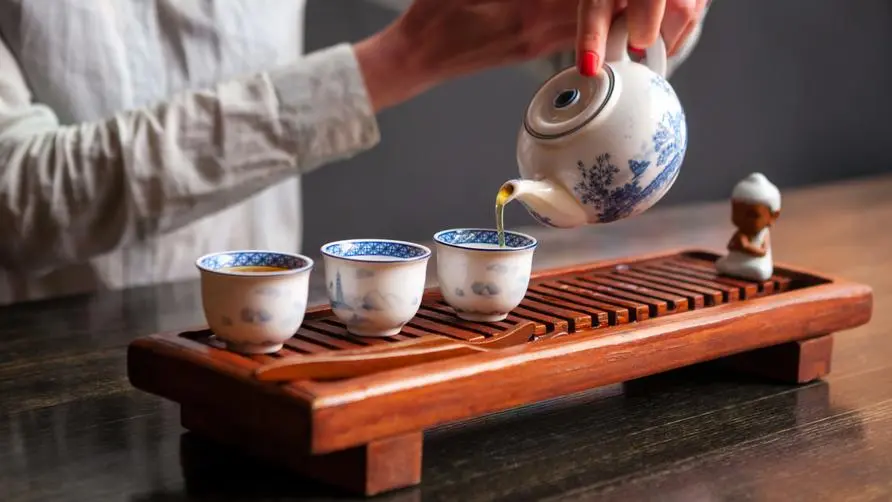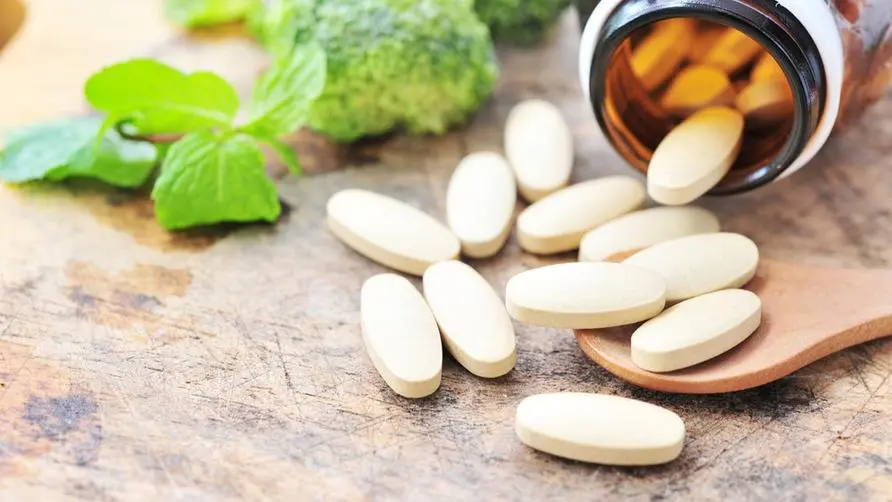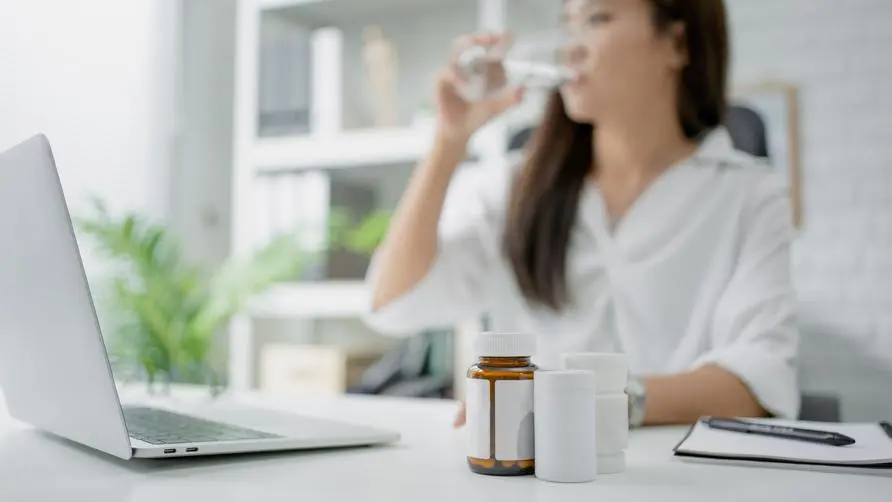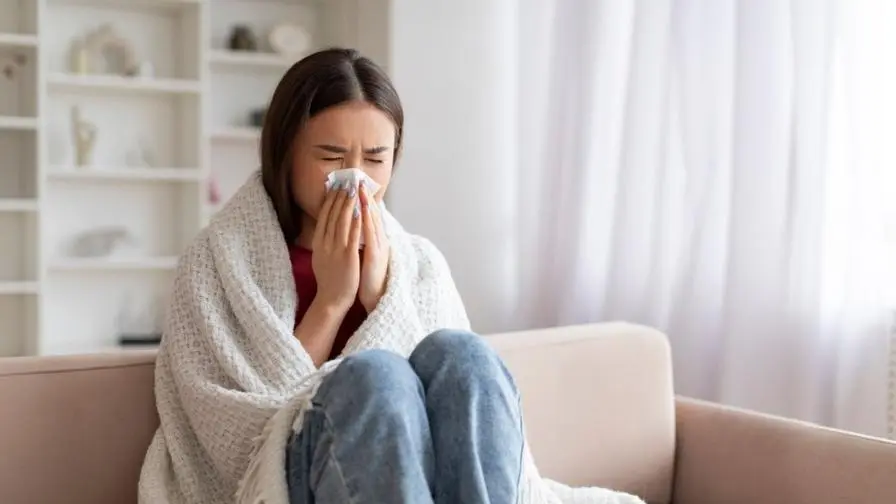Not only the elders want to drink, but the young people should also have a drink! In addition to anti-aging, green tea can also inhibit COVID-19?

Green tea is very popular in the East. Whether it is the tea-drinking habits of traditional Chinese society or the Japanese tea ceremony culture, green tea can be seen in it. Green tea is never absent from hand-shaken drink shops or convenience stores in Taiwan. In fact, green tea has many benefits for the body: the catechins in the tea can not only resist oxidation and prevent body aging, but can also lower blood pressure, prevent strokes, and even prevent tooth decay and protect the oral cavity. In fact, these are not the only benefits of green tea. According to the latest research in China, the catechins in green tea may actually inhibit the COVID-19 virus?
Catechin inhibits virus reproduction. “This ingredient” is the key
This study was jointly initiated by Fudan University and Anhui Agricultural University in China. Green tea contains catechins, which are inherently strong antioxidants and contain antiviral activity that can prevent inflammation in the body. Researchers have even discovered from the EGCG (epigallocatechin-3-gallate) component in catechin that EGCG can inhibit the infection of COVID-19 and even inhibit complications caused by COVID-19! EGCG achieves the effect of inhibiting the virus by destroying the “protease” in the virus, shortening the lifespan of the virus and weakening its ability to reproduce. Not only that, EGCG can also stimulate platelets, protect the body from the risk of blood clots, regulate Antioxidant proteins to prevent lung fibrosis.
All in all, EGCG may have the potential to inhibit COVID-19, make it harder for the COVID-19 virus to replicate, and reduce the formation of blood clots and pulmonary fibrosis. Researchers said that previous studies have shown that drinking green tea can reduce the risk of diabetes, obesity and cardiovascular disease, which are all conditions that can make COVID-19 more severe. However, this study cannot yet confirm that as long as you have the habit of drinking green tea, the chance of being diagnosed with new coronavirus pneumonia will become smaller. Further experiments on animals and humans are needed to confirm it.
Drinking green tea alone is not healthy enough. It is better to pair it with “this kind of fruit”
Based on the above, although the effect of catechin seems to be very miraculous, it is one of the components that is difficult for the human body to absorb. Even if you drink more green tea, the effect will be limited. At this time, if paired with foods rich in vitamin C, such as lemons, oranges and guava, the body can absorb catechins more completely, and the absorption rate is as high as 13 times! In addition, eating bananas with soy milk after exercise, and eating proteins such as meat and eggs with foods high in vitamin A, such as carrots, will allow the body to absorb nutrients more efficiently, and this is the “synergy” of food. Magical place. Therefore, the real way to keep your body healthy is to take in nutrients from various sources. If you are often picky about your food, the nutritional value of food may not be fully realized.
Although Taiwanese young people tend to prefer milk tea when going to hand-shaken drink shops, the creamer in milk tea and the subsequent addition of sucrose are actually very calorie-dense, and drinking too much may lead to the risk of diabetes; Green tea is just the opposite, it can lower cholesterol, and a cup after a full meal can also help digestion. In fact, it is quite effective for health preservation. However, you must also be careful not to drink too many cups a day if you are sensitive to caffeine. Otherwise, losing weight but losing sleep every night is definitely not a good thing for your body!
Source:
Potential protective mechanisms of green tea polyphenol EGCG against COVID-19





